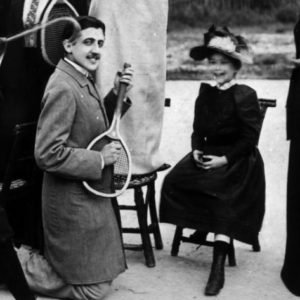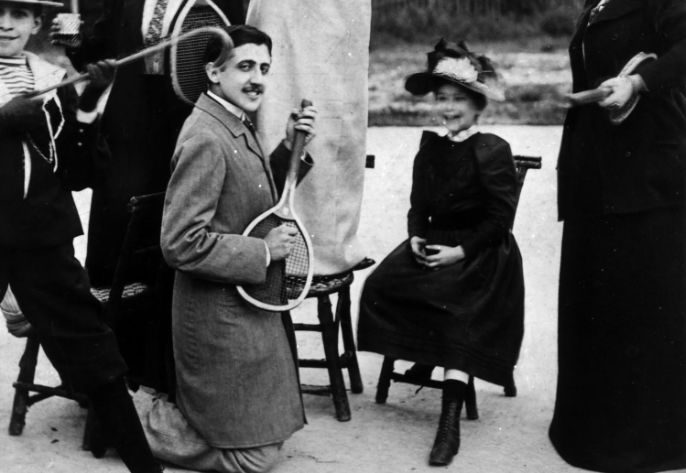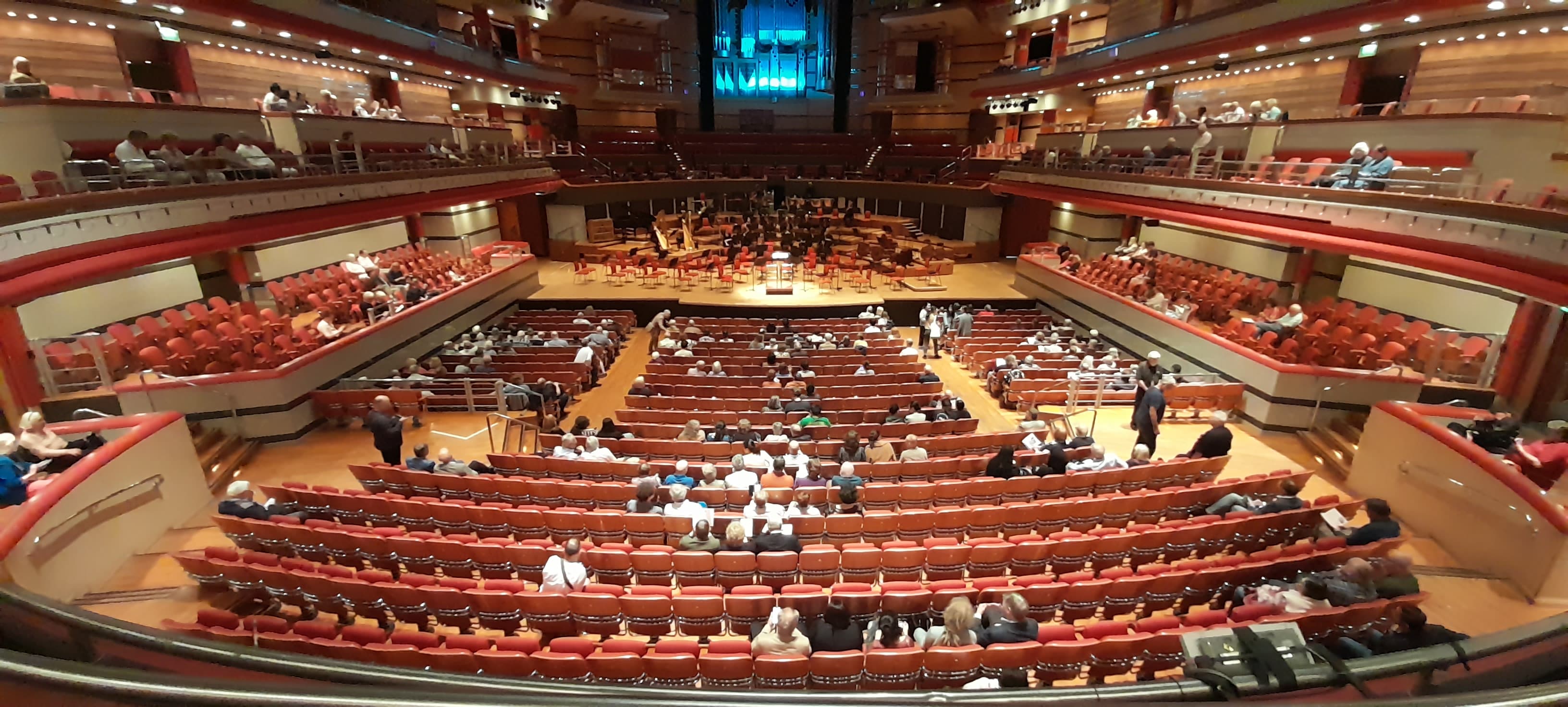I’ve been waiting for this record all my life
Album Of The WeekFrom the Lebrecht Album of the Week:
Every now and then, a record arrives that I have been waiting for all my life. As any Marcel Proust reader knows, the author’s search for lost time involves a tremendous amount of musical reminiscence and quotation, drawn from the salons of fin-de-siècle Paris. There must be a record of them, I used to think. There is now….
Read on here.
And here.
En francais ici.
In Czech here.
In The Critic here.







This is my Proust winter. I plan to revisit the whole thing — so may avail myself of this little number a soundtrack to my reading.
Merci!
Diluka’s new album looks much more hopeful than her last, which I bought : ‘Cosmos – Beethoven with Indian ragas’. The Moonlight and the Appassionata with bits of Indian raga slapped in. My Chinese half was amused at how kitsch some of it sounded ; my Indian half wasn’t so thrilled.
A Proustian album by the Milstein sisters didn’t receive the attention it should have garnered. They make a convincing case a violin sonata by Pierne is the template for ‘Vinteuil’s sonata’. You can read the booklet notes if you go to eclassical.com and search for the album title ‘ La sonate de Vinteuil’
What a delightful idea.
Much of Proust’s novel is written with the Wagnerian Leitmotiefs in mind. And, as with Wagner operas, you loose a lot of time reading it. But you are gravely rewarded.
Proust’s most famous book is one of the worst-written and name-dropped publications of all time (because so few have actually read it). He needed several editors.
In contrary, the book is beautifully written. But the sentences are often very long, so the reader needs great focus and attention, this was on purpose, to widen and deepen the attention span. The novel sucks you in and when you come out afterwards, you are a quite different person. Of course people burdened with the 20C hurry of life can’t get through it and decide it must be the book.
By the way, he did not need editors. He needed people with a very developed skill and magnifying glasses to read his handwriting and to translate it into print.
Proust is the subject of many cults, among which the Proustonomics:
https://proustonomics.com
Even his moustache received scholarly attention:
https://proustonomics.com/moustaches-de-proust-evolution-styles/
To get through the book a bit quicker, a proustograph was developed, a small electronic device specially designed for people who needed to combine their interest in the novel with the pressures of life. I bought one and indeed, one gets through it at lightning speed, but one is quite dizzy afterwards.
For many years the candidate has been the sonata (recorded by several fine artists) by Lekeu, which has been described as a sort of “sequel” to the Franck Sonata.
The reason for that is that Lekeu wrote ‘Proustissimo’ above the finale.
There’s a rich literature on Proust’s possible sources for the “petite phrase.” To add a name (not Wagner) that is not on the album in question, in 1918 Proust wrote to Jacques de Lacretelle, sending a copy of Du côté de chez Swann: “The tremolos that overlay the little phrase at the Verdurins were suggested to me by a prelude to Lohengrin, but the phrase itself, at that moment by something of Schubert’s.”